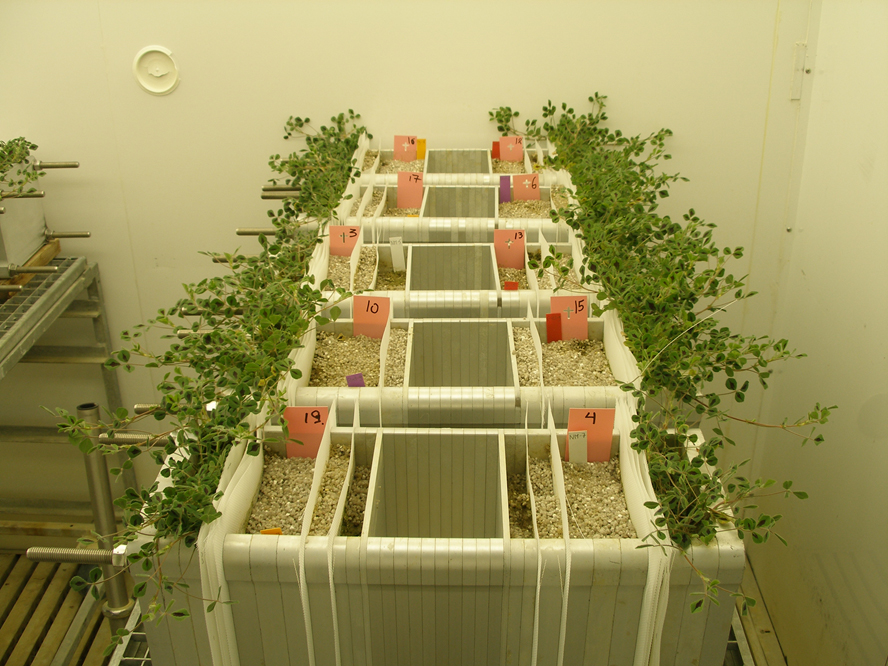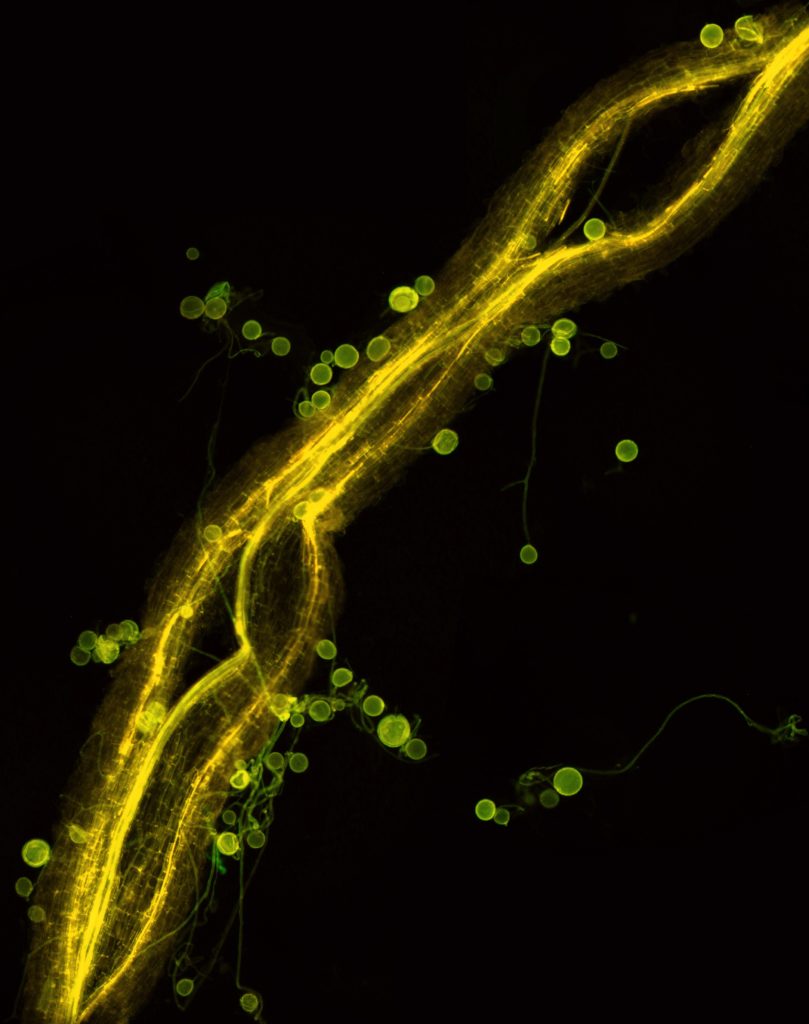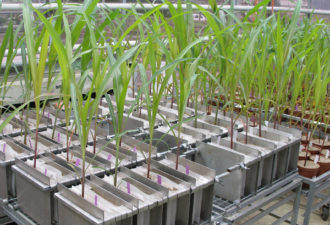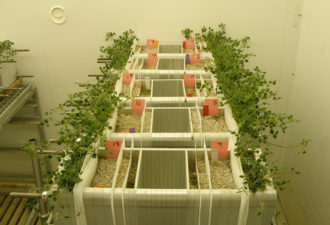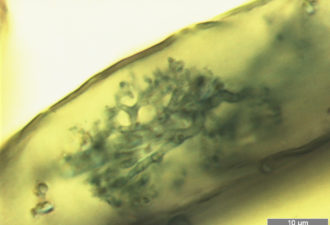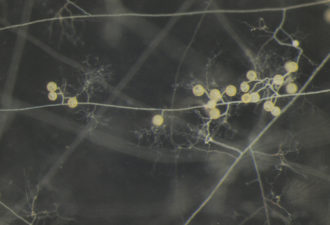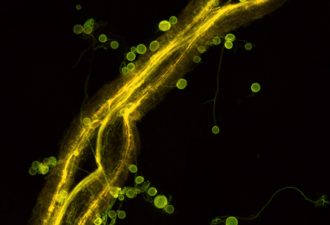The arbuscular mycorrhizal symbiosis
Jansa Lab
The arbuscular mycorrhizal (AM) symbiosis is an ancient and widespread relationship between most plant species on Earth (including agricultural crops such as wheat, maize, rice, beans, potatoes, etc.) and specific soil fungi that colonize and connect plant roots and the surrounding soil, thus providing a direct transport and communication channel between these very different environments. In particular, our research group studies the ecology of AM fungi in the soil environment, the role of AM symbiosis in soil stabilization and agricultural productivity, and the fluxes of mineral nutrients, water, and carbon between the atmosphere, plants, and soil environment. It also addresses the molecular characterization of microbial communities affected by mycorrhizal fungal activity and the cultivation of microbes from the rhizosphere and hyposphere to understand the complex processes of organic nutrient recycling and efficiency of plant utilization.
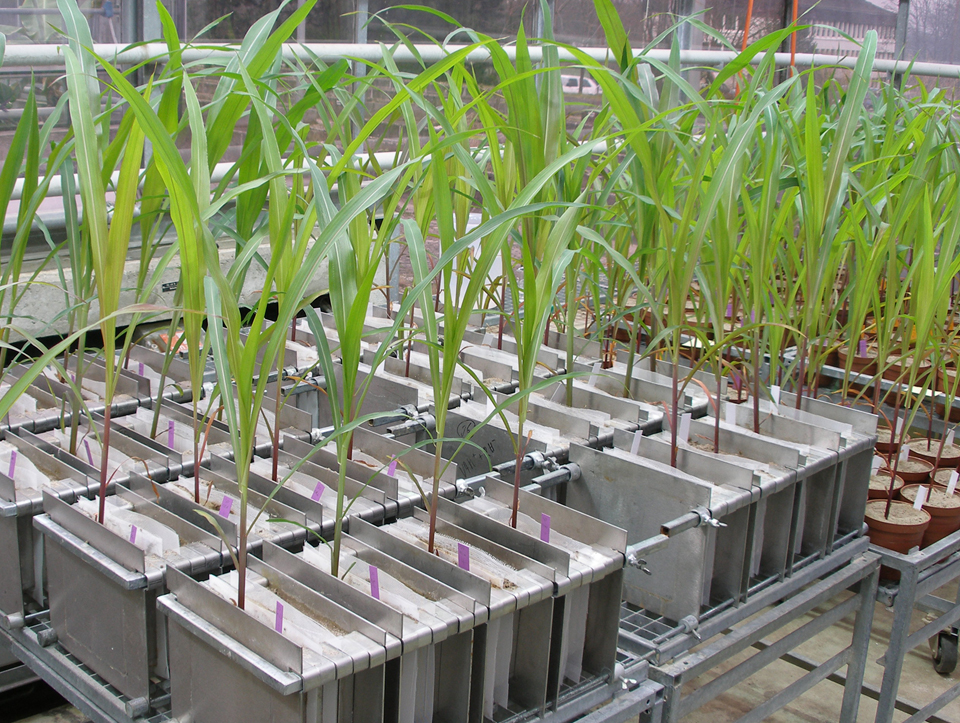
What’s new?
No update matches the specified criteria.
Services and scientific cooperation
- We analyse isotopic enrichment of solid, liquid and gaseous samples
- Perform quantitative PCR analyses on soil and/or plant samples
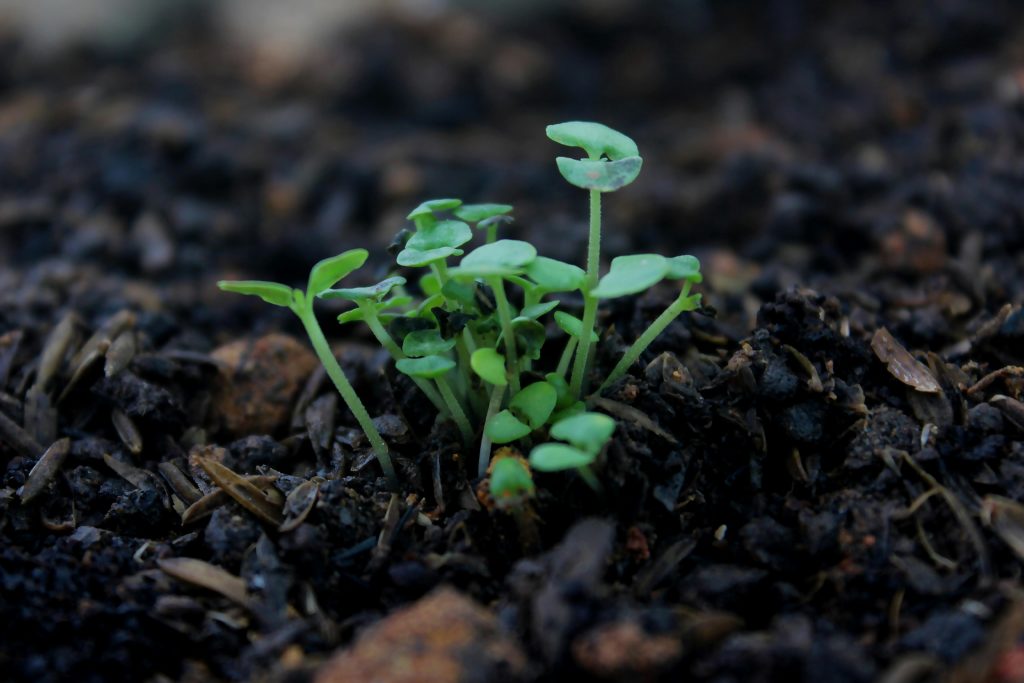
Our publications
Soil cropping selects for nutrient efficient but more costly indigenous mycorrhizal fungal communities
Our team
Meet the members of our Fungal Biology Laboratory team
Jansa Lab
